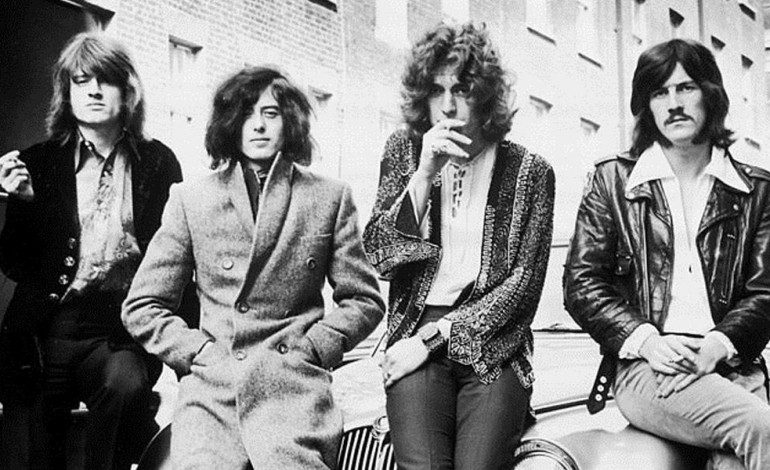

Led Zeppelin, one of the greatest bands of all time face another go-around in the courtroom regarding a lawsuit over copyright infringement for the intro to “Stairway to Heaven.” Back in 2014, Michael Skidmore, a trustee for the estate of former Spirit guitarist Randy California, filed a lawsuit claiming that the introduction to the 1971 classic “Stairway to Heaven” was improperly inspired by Spirit’s 1968 instrumental “Taurus.” The case headed to trial in 2016. Following a contentious five-day proceeding, the Los Angeles jury ruled in Zeppelin’s favor.
According to the AP, a three-judge panel of the 9th U.S. Circuit Court of Appeals ruled that the Los Angeles judge had “provided erroneous jury instructions” in the first trial. According to the Los Angeles Times, the 9th Circuit ruled that the judge “should have told the jury that the selection and arrangement of some musical elements can violate copyright law. The legal outcome is as uncertain as the whims of a jury. Whatever happens, though, the trial puts a focus on the gymnastic arbitrariness of copyright law in the digital age. Now that YouTube and social media make it easy for the public to see how almost everything sounds like something else, at what point do we decide the similarities are inappropriate?
Before Randy California (Wolfe) died in 1997, he discussed the similarity in an interview with Listener magazine, according to the lawsuit. Trustee Michael Skidmore filed the lawsuit in between a Supreme Court decision on long-delayed copyright infringement cases and a remastered re-release of “Stairway of Heaven.” Listening to the songs side by side, it’s not hard to imagine how Page might’ve heard something in the older song that helped inspire him to create something far grander and more widely resonant. U.S. District Court Judge Gary Klausner acknowledged as much in his ruling that the case could go to trial, writing that “the similarities here transcend” the shared use of standard musical tropes.
